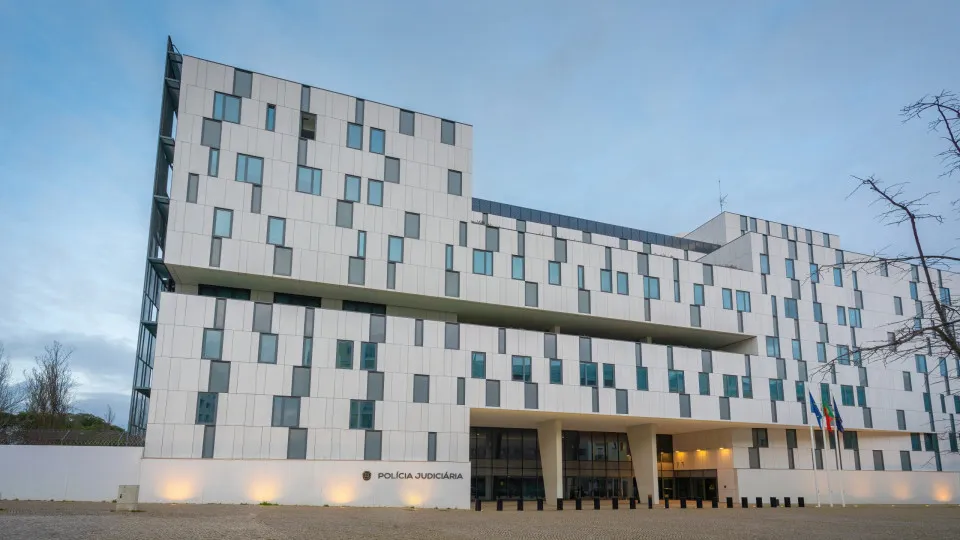
The association has requested meetings with presidential candidates João Cotrim Figueiredo, Luís Marques Mendes, Gouveia e Melo, António José Seguro, and André Ventura to understand their stance on the regulation of interest representation in Portugal, according to APAP President Rita Serrabulho.
“I hope the next president prioritizes the formulation of this law. It would be incomprehensible if, after more than 15 years of public debate on the subject, the future president allows the country to continue without an interest representation law, given the widespread discussion about the need for security, institutional trust, and democratic maturity,” she added.
The first proposal for the regulation of lobbying in Portugal came from the PS in 2009 when the government was led by socialist José Sócrates.
In these more than 15 years, there have been new legislative initiatives, but only last July were projects presented by six parties (PSD, PAN, IL, Chega, PS, and CDS) approved in general terms and referred to the Parliamentary Committee on Constitutional Affairs, Rights, Freedoms, and Guarantees.
APAP believes that the vote in the specialty could be held before the year’s end, but fears that if the bill is not sent for promulgation by January 18, the date of the presidential elections, President Marcelo Rebelo de Sousa may refer the decision to his successor at the Palácio de Belém.
The association had a scheduled meeting with candidate Cotrim de Figueiredo, but it was postponed due to scheduling conflicts. Marques Mendes and António José Seguro have expressed willingness to meet “when possible,” Gouveia e Melo did not respond to the association’s request, and André Ventura referred the matter to the Assembly of the Republic, Serrabulho clarified.
Meetings were not requested with presidential candidates Catarina Martins and António Filipe because the parties supporting them “expressed a public position on the subject” by voting against the proposals on lobbying regulation, the APAP president explained.
When asked about the latest announced presidential candidate, Jorge Pinto, APAP stated that it has “not yet” made the request.
Rita Serrabulho noted that “over these 15 years, there has never been such a broad political consensus as there is now.” She argued that “until there is a law regulating interest representation, the country will continue to be viewed with suspicion by investors, companies, citizens, and also by the political class.”
The APAP head remarked that “recent history in the country has contributed to the political class beginning to see the establishment of rules as necessary to prevent informality and a lack of transparency in ‘cases’ that led to the fall of governments in mainland Portugal and Madeira.”
She added that this transformation, nearly a decade after most European countries, “is finally happening in Portugal.”
In a contribution sent to the parliamentary committee, APAP advocates for an approach to lobbying “aligned with European best practices” through the creation of a National Transparency Register, to be managed by the Assembly of the Republic but potentially moving under an independent entity’s authority in the future.
This publicly accessible online register should include the identities of interest representatives (citizens, organizations, companies, lobbying associations) and all “relevant interactions”—such as “meetings, hearings, communications, consultations, or document exchanges with influence potential”—between these representatives and public decision-makers, which APAP refers to as a “legislative footprint.”
APAP defines public decision-makers as government officials, deputies, local power representatives, regulatory entities, institutes, and public services, among others.
“With the creation of a Transparency Register, many of these ‘cases’ would likely be avoided, as we would know who, or which entities, interacted with a specific legislator or executive, what topics were addressed, and the contributions made,” clarified Serrabulho.
APAP also argues that, contrary to what is proposed in the PSD and PS projects, lawyers and solicitors should not be excluded from the future lobbyist register due to the duty of confidentiality, “precisely because they often act as legitimate intermediaries between private interests and the State.”
APAP was established in 2024 and has over three dozen associate members, both individuals and collectives, yet the identities of its members are not public.
“Until now, we had no critical mass” to do so, admits the association’s president, rejecting claims of lacking transparency.
“We are discussing how we can make this publication, provided we have authorization from the members,” she adds.




